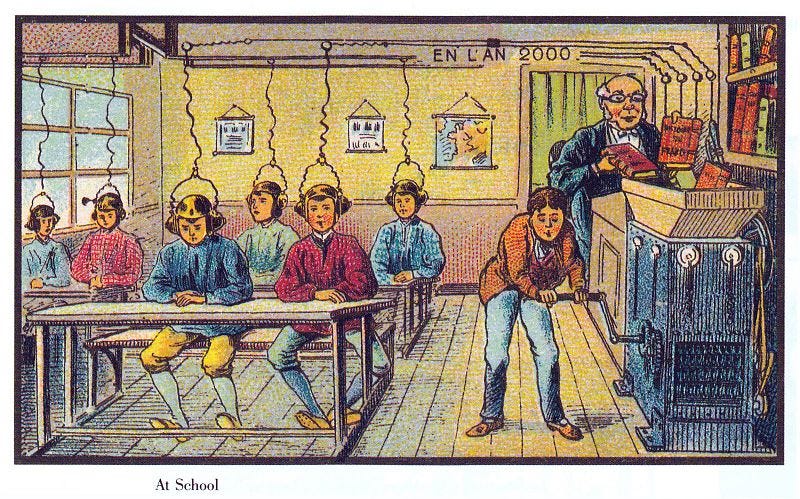Unframing The Future
The crisis of futures, imagining the end of capitalism, algorithmic trends, who does the future belong to, and towards a natural future
Let’s talk about the future!
Because not only are we lacking new, better, more optimistic, and more imaginative visions of the future. No, the whole field of foresight, futurism, trend research, futurology, or whatever you wanna call it is extremely fucked up as well!
And I know many of you reading my newsletter are working in this field, so listen up! …



